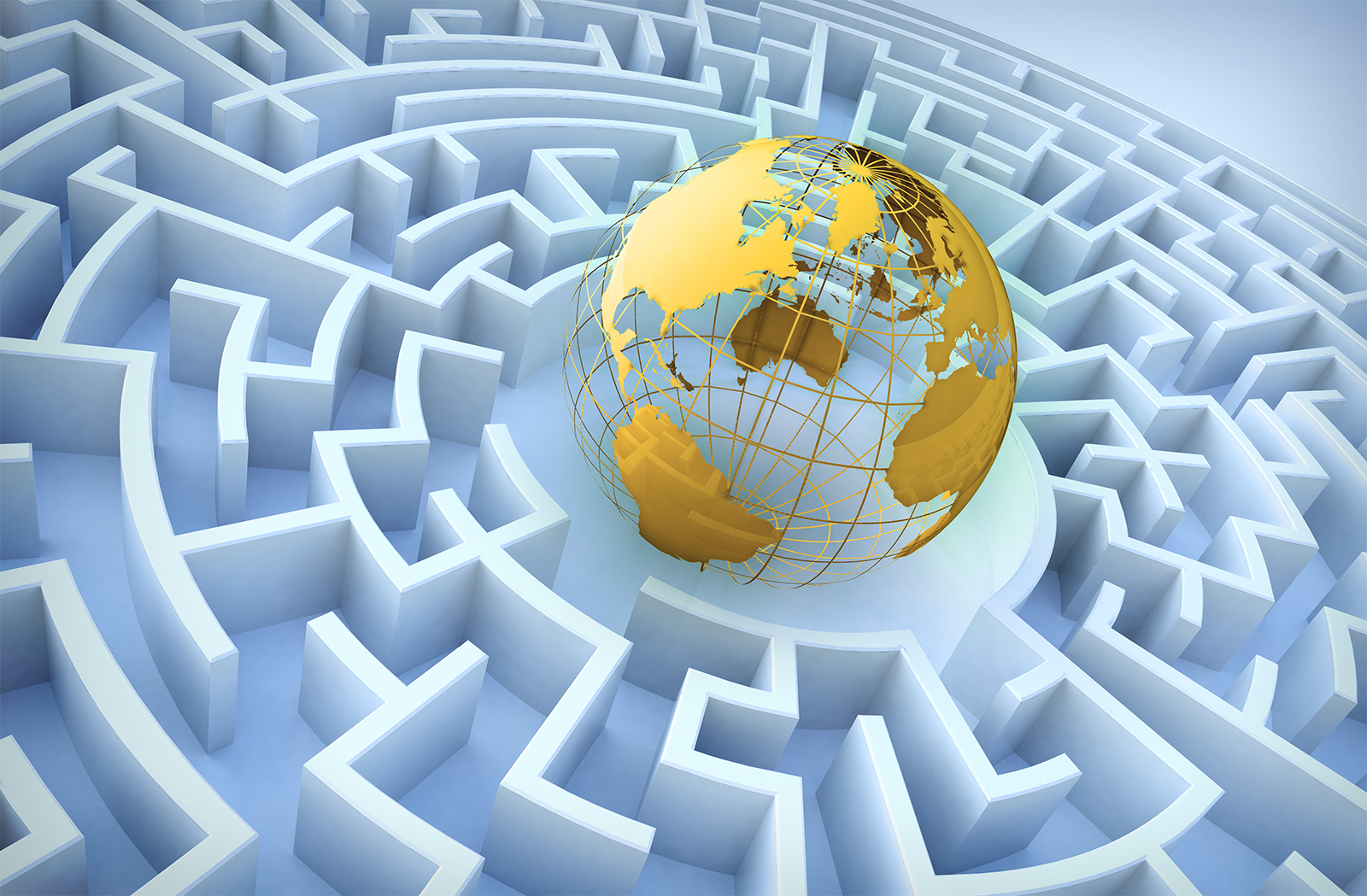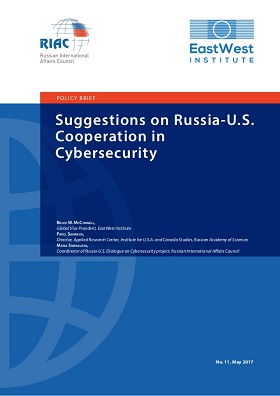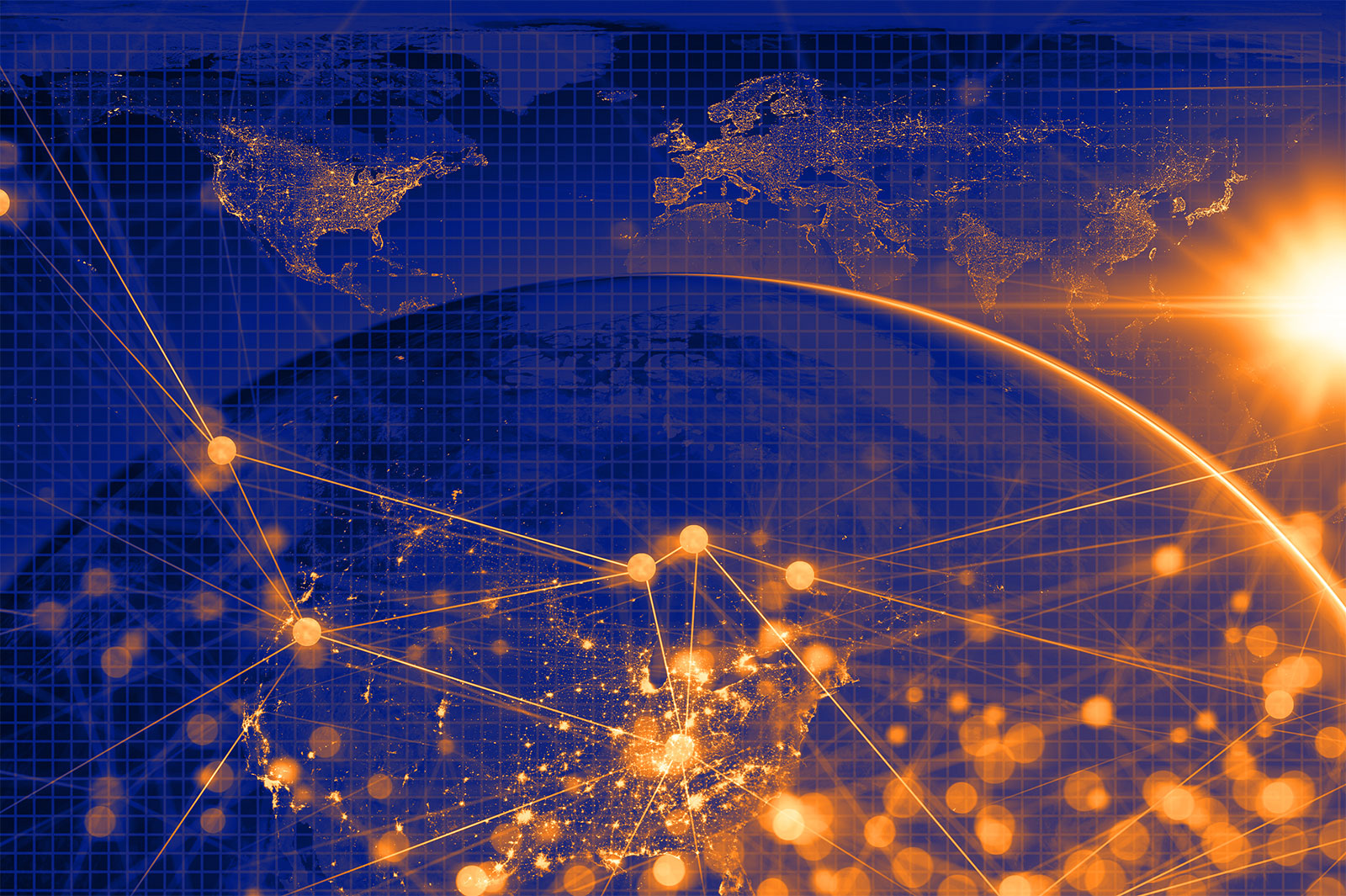On November 8, 2016 the United States held presidential elections that opened a new chapter in the history of this country. Republican candidate Donald Trump, who became the forty-fifth U.S. President, declared a serious shift from his predecessors’ policies in many areas — from health and migration policies to relations with allies and leading international organizations. His sometimes unexpected and generally supportive statements about Russia sparked hopes that relations between Moscow and Washington had already passed their lowest point and would gradually return to of constructive interaction.
However, there are no miracles in politics. Relations between Russia and the United States are been built throughout years and even decades, they involve a variety of political forces, the inertia of the decisions already made is enormous, and even having a new president does not yet give grounds for expecting dramatic progress in resolving fundamental problems that divide our two countries.
One can long argue about the reasons why it happened, and who is to blame for the fact that over several years we have turned from partners into opponents. The statements that hawks and Russophobes, unable to reconcile themselves with the failure to construct a «unipolar world», have taken over American foreign policy, is a much simplified explanation of the trajectory that the U.S. foreign policy has been following in recent years. The thesis that the failure in relations between Russia and the West occurred solely because of the Ukrainian crisis also looks untenable. All of us— both in Russia and in the United States — need a deeper, more or less self-critical, analysis of the negative dynamics in Russia–U.S. relations. And this conversation cannot be avoided, not to repeat the old mistakes and not to make new ones.
Just a few years ago, our leaders spoke about common challenges and threats to Russia and the West, and today this topic remains relevant. Still, the general landscape of the world politics has changed dramatically in recent years. And, unfortunately, for no good.
First of all, the threats themselves — their nature, character, their sources, have changed. Along with the growth of terrorist activity, cyber warfare becomes real, the threat of a nuclear catastrophe has revived, the world is drawn into a new arms race that creates fundamentally new ways of destruction. Qualitatively new threats and challenges are associated with a sharp increase in migration flows, climate change, the emergence of previously unknown dangerous diseases. Some experts see threats to humanity in experiments with genetic engineering, in the creation of artificial intelligence, and in many other manifestations of technological progress of the 21st century.
In addition, and this is perhaps the most important thing, the whole system of global governance has been upset, both at different levels and in different areas. In recent years, the role of international institutions has decreased, the fundamental principles of international law are being violated, double standards and methods of information wars are employed. Ambitious integration projects are collapsing before our eyes, international trade is again reviving protectionism, and various sanctions are becoming a permanent attribute of global politics.
In such conditions, it is no longer possible to talk about trust, or about transparency and predictability. Everything is moving in the opposite direction, and all international players think predominantly or exclusively about their own security, discarding the interests of the global security. Tactics dominates over strategy, and the principles are sacrificed to opportunism. Negotiating mechanisms are inactive. Agreements and treaties in the area of disarmament and security that had been developed over decades at the cost of enormous efforts and served as a legal basis for international stability are crumbling. Much more importantly: the world politics is losing a concept of respect for the opponent, the established norms and standards of diplomatic behavior are washed away, the line between diplomacy and propaganda is getting blurred.
The war in Syria, the conflicts in Yemen and Libya, the escalation around North Korea, the lack of visible progress in resolving the Ukrainian crisis — all these alarming events of recent years may herald even more large-scale and destructive upheavals threatening the modern world.
Restoring the control of the world politics is a common task for all states, since all countries without exception are suffering from the growing chaos in the world. Still, the leaders of Russia and the United States have a special responsibility to form the new system of international relations. And there are several reasons for this.
Firstly, as it was 50 years ago, Russia and the United States remain the only powers in the world capable of destroying each other and the rest of humanity in a suicidal nuclear war. Therefore, the issues of nuclear disarmament, non-proliferation, and prevention of nuclear terrorism primarily fall on the shoulders of the two powers.
Secondly, Moscow and Washington, due to a number of historical, geographic, economic and other reasons, are almost inevitably involved in the most pressing current challenges. Suffice it to mention the Balkans, the Middle East, Afghanistan, the Korean Peninsula. The global «arc of instability» covers the two countries’ zones of vital interests.
Thirdly, our countries are in the epicenter of many global issues: from energy and ecology to cyberspace and space. Russia and the United States are leaders in many areas — from global arms trade to world food exports. Any progress in these areas will be very difficult, if at all possible, without mutual understanding and cooperation between the two countries.
Bearing these basic points in mind, the current state of Russia–U.S. relations is defying all logic and reason. The very idea to minimize communication with each other during a crisis looks simply absurd. On the contrary, during the crisis the dialogue is needed more than ever, as without a dialogue it is impossible to come to an agreement even in theory. And there is a need for a dialogue not only at the level of presidents or foreign ministers. More than ever, a dialogue of parliamentarians, independent think tanks, civil society institutions, and the private sector, is in demand. Such dialogue can become a political tension shock absorber. Moreover, many practical solutions could be found at various venues within the framework of such an intensive dialogue, which is now complicated at the political level.
Initiating such a dialogue, one must admit that there are hardly any grounds for optimism at the moment. There is no common vision of the fundamental trends in the world development, of this development’s driving forces, the future world order, the fate of leading international organizations, the reform of international law, etc. between Russia and the United States, and it is unlikely that it might soon emerge. Moscow and Washington and Moscow diverge deeply in understanding what is «legal», «fair», «ethical», «responsible» in world politics. In this sense, the «gap in values» between Russian and American political elites is really deep.
What can then be thought as «possible» in our relations? To answer this question one should turn to those areas of international relations where the role of Russia and the United States in the foreseeable future will remain significant, and where, unless they interact actively, each party will be facing growing problems.
Regardless of different thoughts on the future world order, Russia and the United States are not interested in the collapse of the current one. Both powers remain predominantly conservative players, generally focused on maintaining the global status quo. And this is not accidental. In the new world order, whatever form it takes, the role of Moscow and Washington will be less significant than that of now.
The common desire to avoid a nuclear conflict unites and will unite Russia and the U.S. With third countries’ nuclear arsenals being important today, there are only two nuclear superpowers like in the Cold War period. And this situation will remain for a long time. Russian and American leaders, like no one else, understand — or should understand — the fatality of a direct military confrontation between the two countries.
Russia and the U.S. interests coincide in terms of countering proliferation of weapons of mass destruction and combating international terrorism. One should not forget that the efforts to resolve Iran's nuclear problem and eliminate chemical weapons in Syria continued even at the peak of the Ukrainian crisis.
To avoid the worst scenarios in Russia–U.S. relations, one cannot wait for the right time to come or a flash of insight to hit the other side and its strategy to change drastically. Such a moment may not be feasible in the foreseeable future. It is necessary to start working in specific areas without delay.
Firstly, it is necessary to restore the destroyed channels of Russia–U.S. dialogue at different levels and with different participants. The dialogue has never been considered a concession of one side to the other let alone approval of the policy of the other side. But the absence of a dialogue inevitably generates distrust, fears, and creates additional risks.
Secondly, it is extremely important to soften the hostile rhetoric — primarily at official level. After all, such rhetoric influences public opinion, appeals to old-time complexes and dark instincts of national identity, acquiring the inertia that will be increasingly difficult to stop.
Thirdly, one must try to fully protect the remaining positive aspects of Russia–U.S. relations from the negative impact of the current crisis. This covers, for example, bilateral cooperation on the Arctic issues, a number of priority scientific projects for both sides, university partnerships, or cooperation within the frameworks of sister cities and municipalities.
Fourthly, a high degree of Russia–U.S. confrontation can be downgraded by the both countries’ participation in the work of multilateral mechanisms: the Middle East Quartet, G20, APEC, international economic and financial institutions. It is not by chance that the multilateral format helped achieve progress in the solution of the Iranian nuclear problem, Syrian conflict resolution and DPRK nuclear problem are also discussed in the multilateral format, etc.
Fifthly, the revival and development of dialogue on the lines of Russian and American civil societies should become a very relevant, albeit difficult, matter.
Sixthly, the task of strengthening and developing Russian studies in the U.S. and American studies in Russia is becoming ever more urgent. The decline in the quality of independent expertise or the low relevance of such expertise objectively reduces the chances of constructive dialogue between Russia and the U.S.
The way out of the current crisis in Russia–U.S. relations is not feasible in the short-term perspective. The immediate task should be to change the dynamics of this crisis from negative to positive. This will create the necessary prerequisites for setting more ambitious goals. On October 19, 2017, Russian President Vladimir Putin emphasized in his speech at the Valdai Forum: «Responsibility for the future – this is what should unite us, especially in times like the current ones when everything is changing rapidly.» This call totally applies to relations between Russia and the United States.
First published in Russian in Rossiyskaya Gazeta.








